Artificial Intelligence is Our Future. But will it Save or Destroy Humanity?
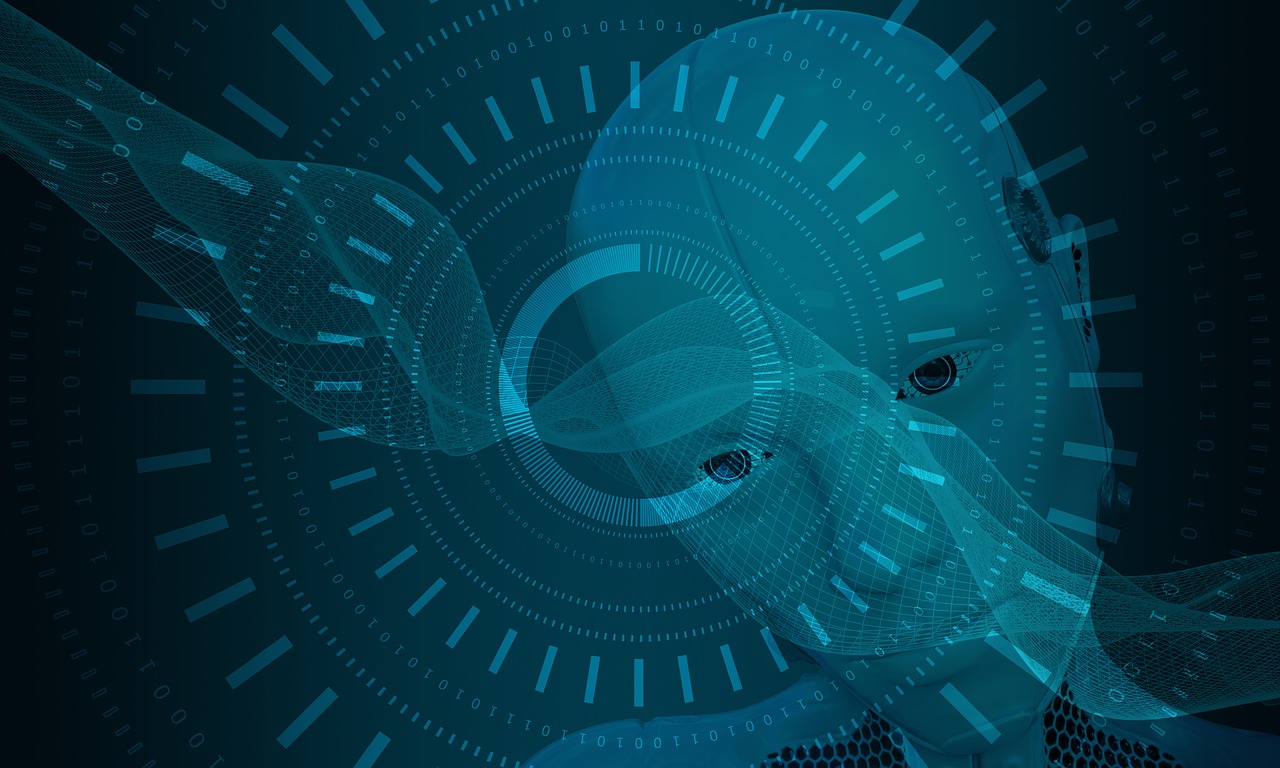 Image credit: Pixabay. cco licence. Author:The digital artist
Image credit: Pixabay. cco licence. Author:The digital artist
I will be discussing about Artificial Intelligence, I was watching news on CNBC some months ago, precisely last year November about subject matters “Artificial Intelligence (AI) will affect your life in tangle ways”, this discussion caught my attention, I invited two of my brothers to join me watch the “New Age Technology Ideal”. Between that moments I was thinking is this not going to have effect on human as well? But I kept mute and continue watching the program. Series of question were been asked by presenters similar to what I thought about likely effect this artificial intelligence may cause to Human.
This has me research more about this topic “Advantages of Artificial Intelligence and its effect on Human”
Let take a look at the meaning of Artificial Intelligence;
What is Artificial Intelligence (AI) or Machine intelligence (MI) is intelligence demonstrated by machines, in contrast to the natural intelligence (NI) displayed by humans and others animals. In computer science artificial intelligence is defined as the study of “intelligent agents”: any devise that perceives its environment and take actions that maximize its chance of successful archiving its goals.
Colloquially, the term “artificial intelligence” is applied when a machine mimics “cognitive” functions that associate with other human minds, such as “learning” and “problem solving”. It can also be defined as development of computer systems which are able to perform tasks normally requiring human intelligence, such as visual perception, speech recognition, decision-making, and translation between languages.
Briefly History of Artificial Intelligence
Artificial intelligence was founded as an academic discipline in 1956, and in the years since has experienced several waves of optimism, followed by disappointing and the loss of funding (known as an AI winter) followed by new approaches, success and renewed funding.Let look at some of the example of Artificial Intelligence will use daily
Video Game
One of the instances of AI that most people are probably familiar with, video game AI has been used for a very long time—since the very first video games, in fact. But the complexity and effectiveness of that AI has increased exponentially over the past several decades, resulting in video game characters that learn your behaviors, respond to stimuli, and react in unpredictable ways. 2014’s.Virtual Personal Assistants
Siri, Google Now, and Cortana are all intelligent digital personal assistants on various platforms (iOS, Android, and Windows Mobile). In short, they help find useful information when you ask for it using your voice; you can say “Where’s the nearest Chinese restaurant?”, “What’s on my schedule today?”, “Remind me to call Jerry at eight o’clock,” and the assistant will respond by finding information, relaying information from your phone, or sending commands to other apps.Security Surveillance
A single person monitoring a number of video cameras isn’t a very secure system; people get bored easily, and keeping track of multiple monitors can be difficult even in the best of circumstances. Which is why training computers to monitor those cameras makes a great deal of sense. With supervised training exercises, security algorithms can take input from security cameras and determine whether there may be a threat—if it “sees” a warning sign, it will alert human security officers.Of course, the number of things that these computers can catch is currently pretty limited—Wired talks about seeing flashes of color that may indicate an intruder or someone loitering around a schoolyard. Identifying actions that might imply a thief in a store are likely beyond the current technological limitations, but don’t be surprised if this sort of technology debuts in the near future.
Smart Cars
You probably haven’t seen someone reading the newspaper while driving to work yet, but self-driving cars are moving closer and closer to reality; Google’s self-driving car project and Tesla’s “autopilot” feature are two examples that have been in the news lately. Earlier this year, the Washington Post reported on an algorithm developed by Google that could potentially let self-driving cars learn to drive in the same way that humans do: through experience.Let Look at How Artificial Intelligence Will Change the Human Experience.
AI is in its infancy stage. Voice-detection technology, suggestive searches, and autonomous cars are just a few of the ways that artificial intelligence has burrowed into our lives, but with different companies competing to be the first to unveil the next level of AI, what does that mean for us?
I’ve been thinking a lot about artificial intelligence and how it will continue to influence us moving forward, not only in design thinking but in our everyday lives as well. The whole purpose of technology should be to enrich our lives, give people more time to do the things they love in life, spend time with their families, less time at work. It seems, though, that technology is having the opposite effects on society — how many of us spend meals with loved ones on our mobile phones? I think we need to get back to the reasons why we should embrace technology.
When it comes to artificial intelligence, this becomes an even greater mission as we potentially have the capabilities of changing our world in greater ways every day.
What will we automate in the future? How can we use technology to get back to what’s really important in lives? And what effect will it have on the human experience? Let’s discuss.
In the near term, the goal of keeping artificial intelligence impact on society beneficial motivates research in many areas, from economics and law to technical topics such as verification, validity, security and control. Whereas it may be little more than a minor nuisance if your laptop crashes or gets hacked, it becomes all the more important that an artificial intelligence system does what you want it to do if it controls your car, your airplane, your pacemaker, your automated trading system or your power grid.
In the long term, an important question is what will happen if the quest for strong artificial intelligence succeeds and an AI system becomes better than humans at all cognitive tasks.
AI systems is itself a cognitive task. Such a system could potentially undergo recursive self-improvement, triggering an intelligence explosion leaving human intellect far behind. By inventing revolutionary new technologies, such a super intelligence might help us eradicate war, disease, and poverty, and so the creation of strong AI might be the biggest event in human history.
Some experts have expressed concern, though, that it might also be the last, unless we learn to align the goals of the AI with ours before it becomes super intelligent.
Will Artificial Intelligence make our lives easier? Below are some of the possible ways Artificial Intelligence might be helping to us;
For most of our existence, human beings have looked for easier ways to complete menial tasks. From the creation of pulley systems and wheels to dishwashers and drive-thru carwashes, we have tried to invent things to do jobs for us so we could have more time to enjoy our lives.
You would have to say that we weren’t missing out on experiences by having machines do these tasks, if anything, we were gaining time to have more of them. But as time went on, some of our best and brightest saw infinite possibilities of where AI could take us.
We are limited only by our imaginations and our ethics.
Robots had been a thing of fantasy for many years before being put to use in factories around the world. They were quicker than us, more precise and didn’t need to take lunch breaks, but they still needed us to program them and tell them what to do. In 1956, the term artificial intelligence was used at a conference at Dartmouth College, in Hanover, New Hampshire, and in the years since, government, corporate and public interest has waned and risen. There was a lull in the mid to late 70’s referred to as the “AI Winter”, where pressure from various groups halted progress in AI technology.
But in the 80’s, a rejuvenation was found in the work being done by the Japanese. But, yet again, there were some dips and dives in interest. That finally stopped in 1997, when IBM’s Deep Blue became the first computer to beat a human at chess when it defeated world champion, Gary Kasparov. The match brought to light the question of what else could we teach a computer to do? And now, over the last 20 years, only our imagination and the technology we have at our disposal have limited what we can create.
There are a number of areas where Artificial Intelligence can be applied, including the following:
Expert System, where computers can be programmed to make decision in real-life situations. The integration of machines, software, and specific information allows the system to impart reasoning, explanation, and advice to the end user.
Robotics, are programmed computers which see, could hear and react to sensory stimuli, such as light, heat, temperature, sound and pressure.
Natural Language, where chatbots can recognize natural human language if communicating directly with a user or a customer.
Gaming Systems can manipulate strategic games, such as chess or poker, where the machine can think of an exponential number of possible positions to play effective against a human opponent.
How can Artificial Intelligence be dangerous?
Most researchers agree that a super intelligent AI is unlikely to exhibit human emotions like love or hate, and that there is no reason to expect AI to become intentionally benevolent or malevolent. Instead, when considering how AI might become a risk, experts think two scenarios most likely:
- The AI is programmed to do something devastating: Autonomous weapons are artificial intelligence systems that are programmed to kill. In the hands of the wrong person, these weapons could easily cause mass casualties.
Moreover, an AI arms race could inadvertently lead to an AI war that also results in mass casualties. To avoid being thwarted by the enemy, these weapons would be designed to be extremely difficult to simply “turn off,” so humans could plausibly lose control of such a situation. This risk is one that’s present even with narrow AI, but grows as levels of AI intelligence and autonomy increase.
- The AI is programmed to do something beneficial, but it develops a destructive method for achieving its goal: This can happen whenever we fail to fully align the AI’s goals with ours, which is strikingly difficult. If you ask an obedient intelligent car to take you to the airport as fast as possible, it might get you there chased by helicopters and covered in vomit, doing not what you wanted but literally what you asked for. If a super intelligent system is tasked with a ambitious geoengineering project, it might wreak havoc with our ecosystem as a side effect, and view human attempts to stop it as a threat to be met.
As these examples above illustrate, the concern about advanced AI isn’t malevolence but competence.
A super-intelligent AI will be extremely good at accomplishing its goals, and if those goals aren’t aligned with ours, we have a problem.
We human learn in a variety of ways compare to Artificial Intelligence
Human beings learn things by experiencing them, whether it be visual, auditory or kinesthetically. When we are young, and for most of our lives, we take in information, process it and become more aware of the world around us.
Sometimes we need to touch a hot burner as a child to understand heat or have our heads submerged in water to know that we need to be respectful of water. We’re not programmed with any of these truths. We learn by going through the experiences of life.
We are taught right from wrong. Outside influence is obviously a factor, but if we have the proper guidance, we can go through life learning lessons as we go about our daily lives. AI could cut out on small tasks and encounters that we need to go through to have the ultimate human experience.
But, on the other hand, AI is programmed through that of a database of experiences that the machine has not gone through. It only knows what has been put in its circuit boards and processors. It might understand more, but it can’t fully comprehend what it’s like to live and go through a variety of situations and problems. It only sees these scenarios as zeros and ones.
I'm sure many of u s have seen this headline before, as the media is full of hysterical assertions that people will soon be replaced by robots and humans will be in real danger of becoming useless and obsolete. What do we do with the millions of people who will be out of work and don't have anything to do all day long? For sure this is the recipe for disaster, right.
People now control the planet, not because we’re the strongest, fastest or biggest, but because we’re the smartest. If we’re no longer the smartest, are we assured to remain in control?
Thank for reading, do you support Advanced Artificial Intelligence or not? I will appreciate every comments from you all.
References
Artificial intelligence and its effects on productivity and people's lives
Why a super intelligent machine may be the last thing we ever invent
Example of Artificial Intelligence
I thank you all.
Regards
@dabbey
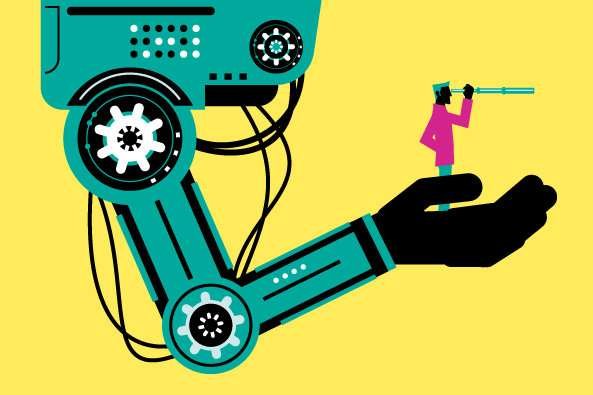
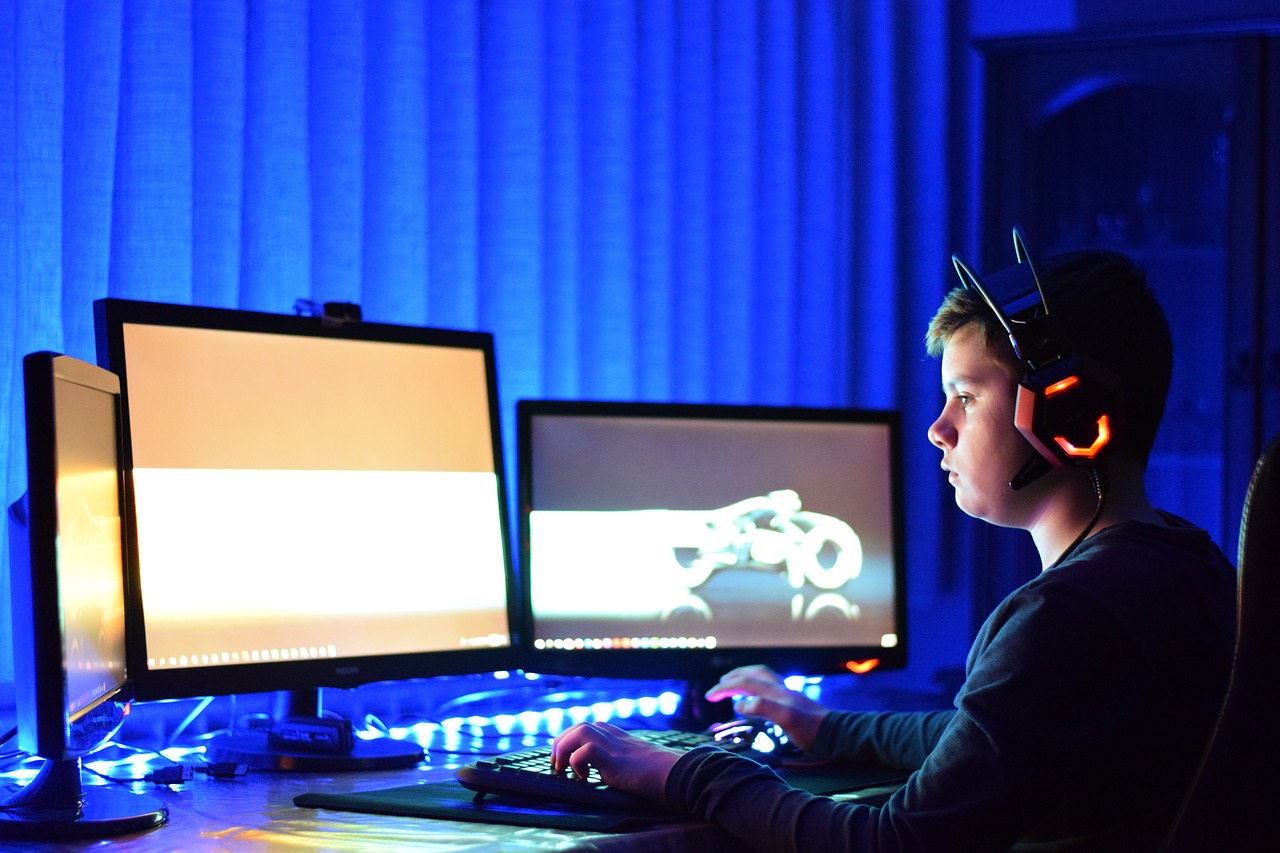
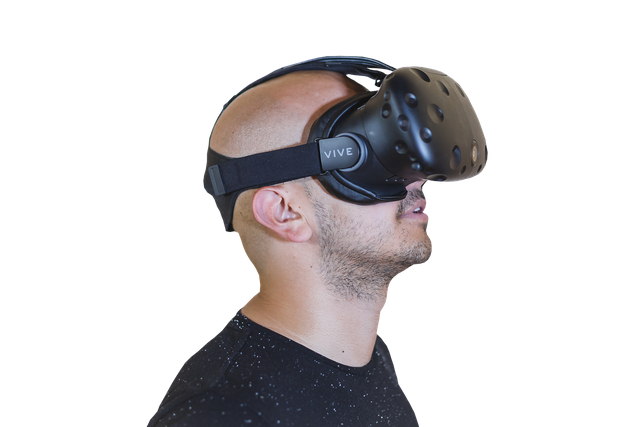
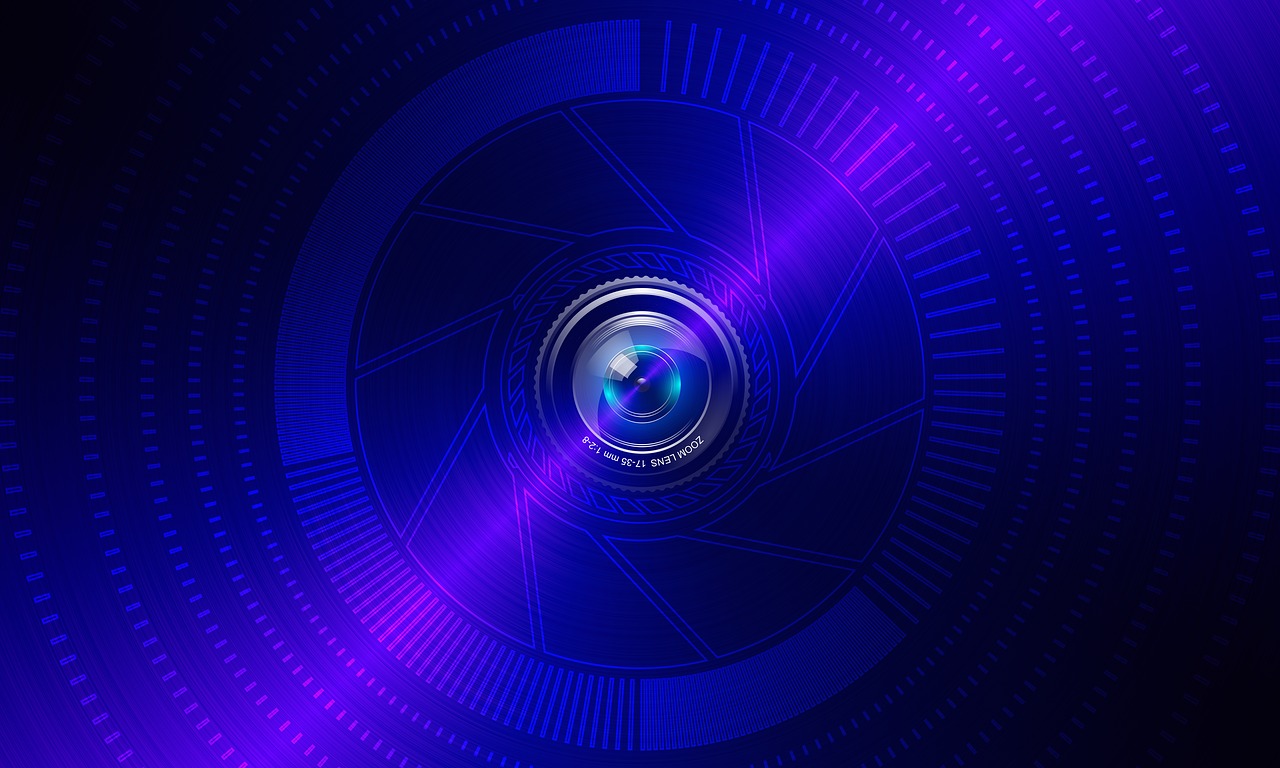

I have had this thought before too
But when i think about the side effect of this artificial intelligence , i do have a re-think
Good write up
Kudos
Thanks man.. human really need to think deep before going into Inversion of advanced AI.
Hi @dabbey. I would like to remind you that copy-pasting from other sources is a serious offence in this community. There are more than half of your article's content which is quite similar to some articles on the internet. I would refrain from doing that if I were you, indefinitely.
Thanks... Noticed.